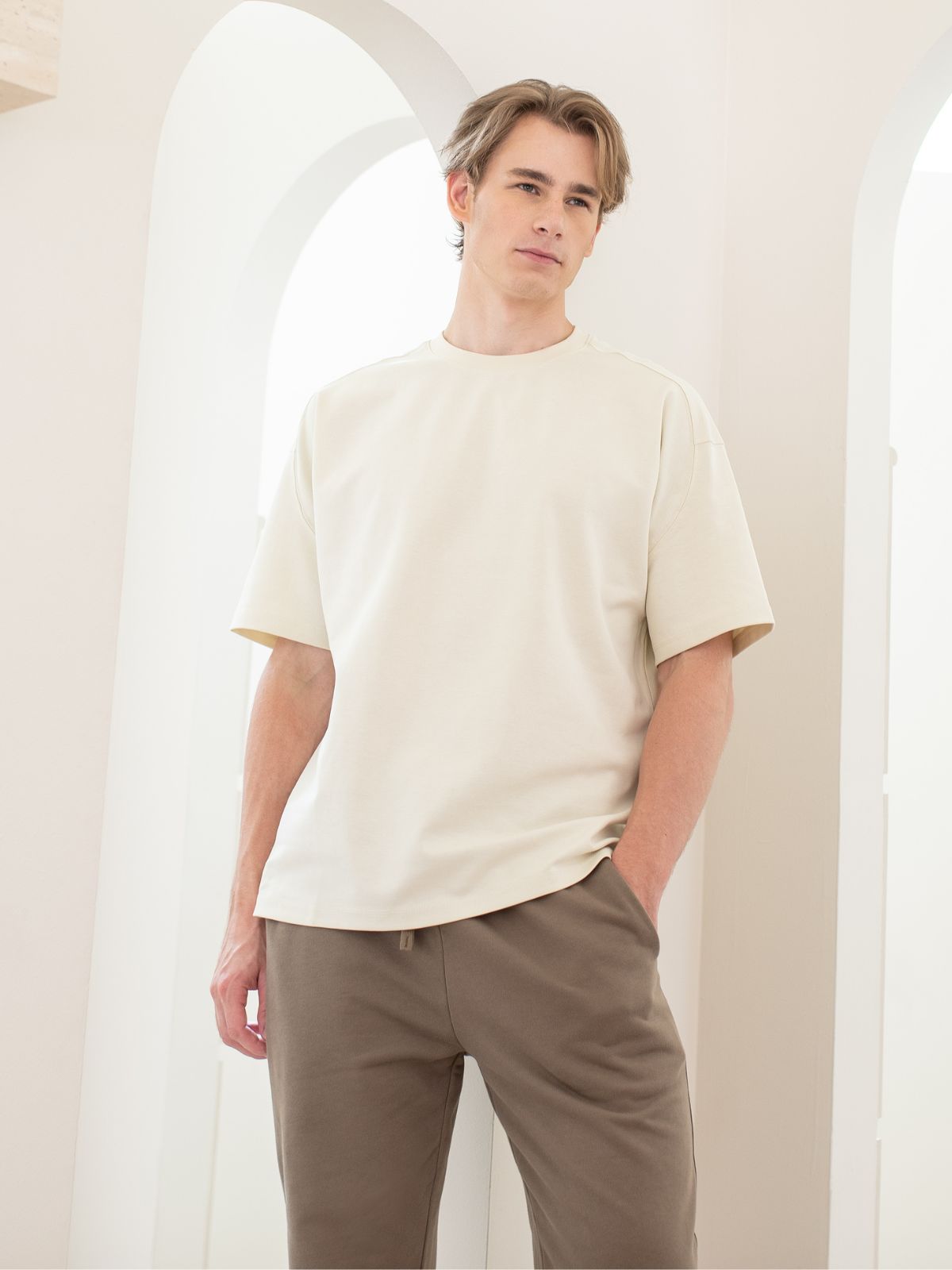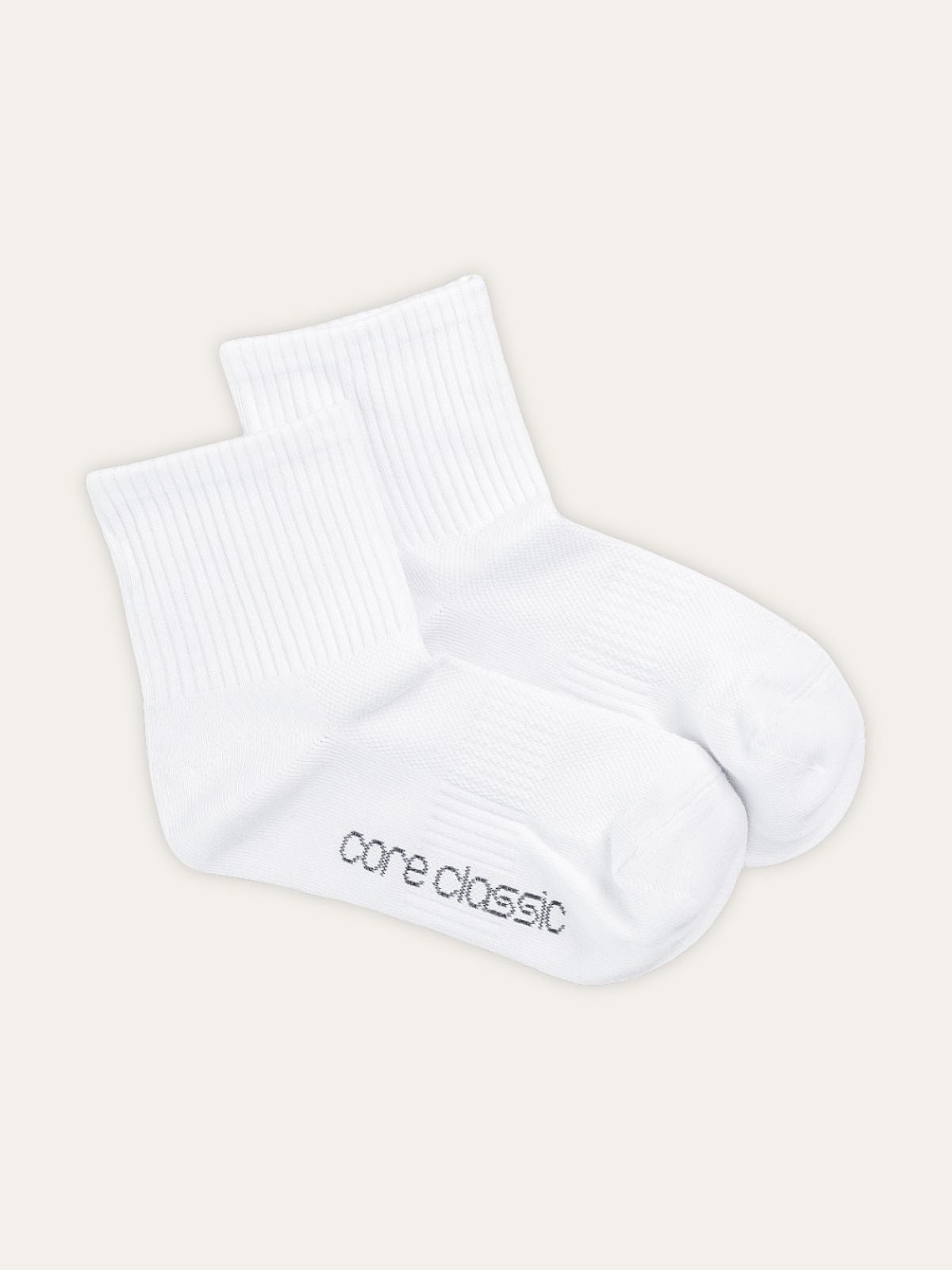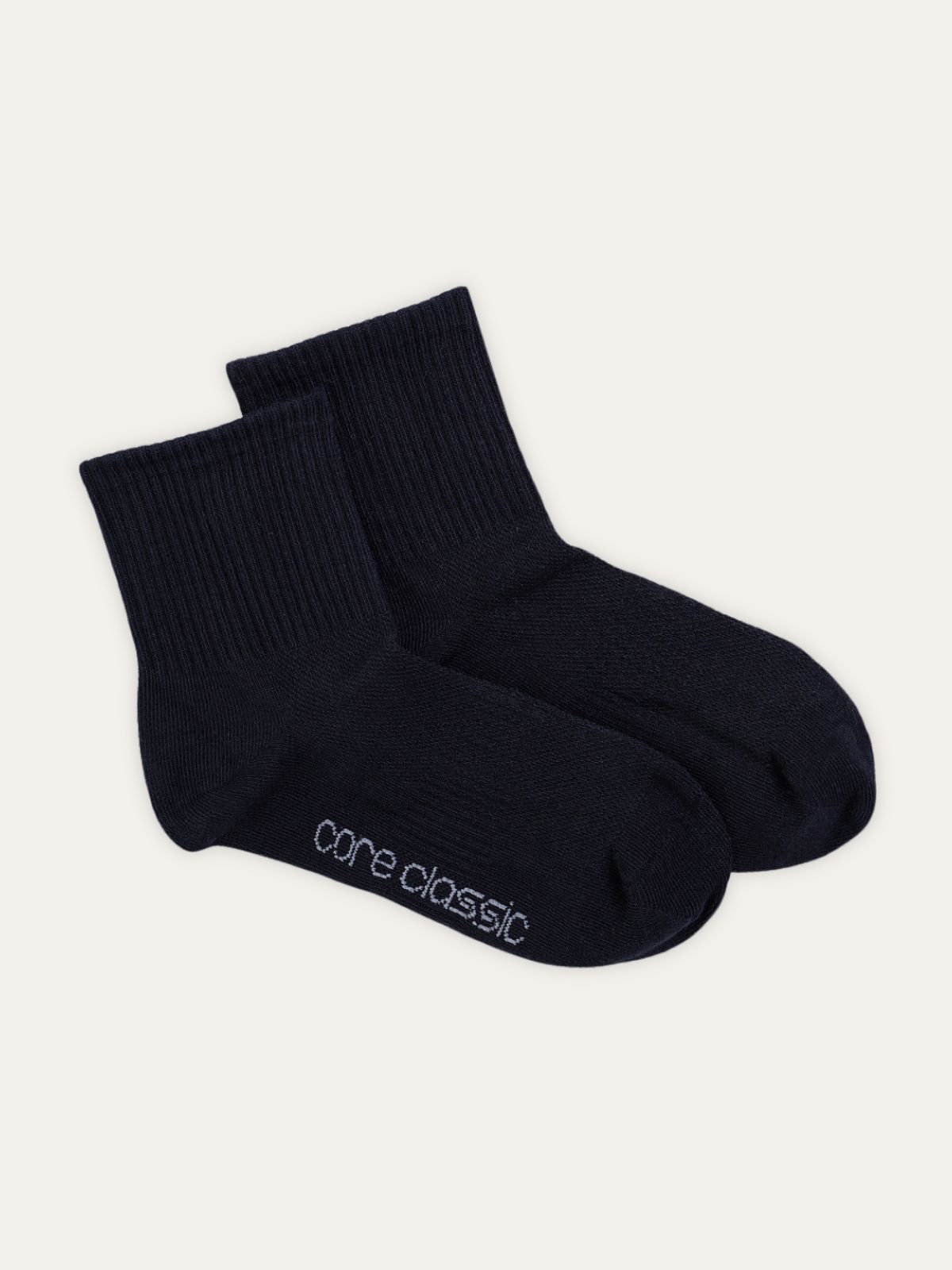When choosing clothing, it can be a hard decision to make as there are plenty of choices. However, the most common fabric materials are cotton and polyester. Both fabrics have their own advantages and disadvantages. Knowing the differences can help you to make better choices between the two. If you’re wondering about the differences between cotton vs polyester and wish to gain more knowledge about these two fabrics, read our article below to understand further.
What is Cotton Fabric?
Cotton fabric is a natural fabric made from cotton plant fibres, particularly the fibres around the seeds. Once mature, the seeds become a fluffy structure. To create cotton fabric, the cotton fibres are made into yarn and woven into fabric. Cotton fabric is often used to create fabric products such as clothing and furniture.
The common characteristics and features of cotton fabric are that they are soft, breathable, comfortable, biodegradable, hypoallergenic and able to absorb moisture.
What is Polyester Fabric?
Polyester fabric is a synthetic (or man-made) fabric made from petrochemicals, including compounds such as polyethylene terephthalate (PET) or polycarbonate. Unlike cotton fabric derived from natural sources, polyester is manufactured as a synthetic fibre and undergoes a chemical process to transform PET into polyester fibre.
Polyester fabric is mainly known for its extremely durable, quick-drying properties, lightweight, and stain-resistant properties.
Pros & Cons of Cotton Fabric
Cotton fabric offers many benefits, but just like every other fabric material, it does have some disadvantages. Learn more about the pros and cons of cotton fabric below:
Pros of Cotton Fabric
1. Breathable
Cotton fabric is extremely breathable. Air can flow through it, keeping you cool and dry. It doesn’t trap or retain heat or sweat, making it ideal during hot weather or while sweating excessively.
2. Biodegradable
Since cotton fabric is made from natural products, it can decompose naturally. Cotton can be broken down within 1 to 5 months, making it sustainable and environmentally friendly.
3. Hypoallergenic
Cotton fabric is hypoallergenic, ensuring no irritation is caused to sensitive skin. Additionally, it is relatively gentle on the skin and doesn’t aggravate issues such as rashes or eczema.
4. Soft and Comfortable
Cotton fabrics are known to be comfortable as they absorb any moisture from the skin, ensuring that your skin will not feel damp when clothing is pressed down on it. It doesn’t cause any friction during fast movements.
Cons of Cotton Fabric
1. Prone to Wrinkles
Cotton fabric tends to wrinkle easily, especially after washing. Hence, you’ll have to use an iron to smooth the wrinkles.
2. Quicker Wear and Tear
It doesn’t last long as the cotton fibres tend to break down faster. Besides that, it may be prone to fading over time as well. Thus, it may only last for a few years, depending on how often you use it.
3. Longer Drying Time
Cotton retains moisture, so it may take long to dry after each wash. This is inconvenient if you cannot dry it outside or don’t own a dryer.
4. Possibility of Shrinking
If you notice some of your clothes shrinking, cotton is prone to shrink after frequent washes. This happens when the cotton fabric is not pre-shrunk.

Pros & Cons of Polyester Fabric
Thanks to its durability and many other benefits, polyester fabric is a popular option. However, there are downsides to polyester fabric as well. Take a look at the pros and cons of polyester fabric below:
Pros of Polyester Fabric
1. Extreme Durability
Polyester fabric is highly durable and can last for a long time. It doesn’t wear out quickly and retains its overall shape without causing any shrinking, even after frequent use or washing.
2. Resistance to Stains and Fading
You won’t experience stains or colour fading over time with polyester fabric. This is because synthetic fibres don’t absorb liquids as quickly as cotton fibres.
3. Moisture-wicking and Quick Drying Properties
Any sweat or moisture will dry quickly as it doesn’t get absorbed quickly by polyester fabric. The moisture-wicking properties prevent sweat from sticking to the skin, ensuring comfort while performing physical sports or activities.
4. Low Maintenance
Polyester fabric doesn't wrinkle easily, so you won’t have to worry about wrinkles. It also doesn’t require frequent ironing to keep it neat and wrinkle-free.
Cons of Polyester Fabric
1. Not Biodegradable
Since polyester fabric is not made of natural products, it’s not environmentally friendly. Therefore, it can’t be decomposed as quickly as cotton. If the t-shirt material combines cotton and polyester, decomposing will take a shorter time frame.
2. Lack of Breathability
Unlike cotton, polyester fabric doesn’t circulate the air effectively as it traps heat within the fabric. This can lead to damp and heavy clothing, making it less comfortable. However, it depends on the technology used. If the t-shirt is engineered with breathable features, it would make it comfortable and light on the skin.
3. May Irritate the Skin
Polyester fabric may not be as suitable for those with sensitive skin or prone to skin conditions. The materials aren’t as soft as cotton and could cause irritation and itchiness. This may not be the case when polyester is combined with cotton. The blend of polyester and cotton may not irritate the skin when worn.
4. Sensitive to Temperature
Polyester is sensitive to heat and could potentially be damaged by high or extreme heat. This means you may need to be careful while ironing or tumble-drying polyester fabric and be gentle with the t-shirt.
Cotton vs Polyester: What Are The Differences?
To gain a better understanding of the differences between cotton vs polyester, we explain the main differences below:
|
Category |
Cotton |
Polyester |
|
Production of Fabric |
|
|
|
Comfort |
|
|
|
Durability |
|
|
|
Sensitivity on Skin |
|
|
|
Environmental Impact |
|
|
Cotton vs Polyester: Which One Should You Choose?
When choosing between cotton vs polyester, it all depends on the purpose and overall requirements of every individual. For instance, for workout attire, polyester fabric would be the better choice. But if you wish to have ultimate comfort, such as for casual wear, cotton will be ideal.
Conclusion
Both cotton and polyester fabrics are great for clothing - it all depends on the purpose. It would be better to create clothing that blends both cotton and polyester, such as Core Classic's premium t-shirts. It’s suitable for casual wear while also offering quick-dry properties. Thus, it’s suitable for almost any occasion, no matter the day or time.
















